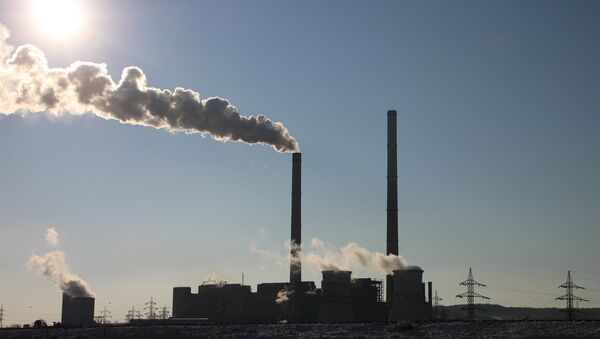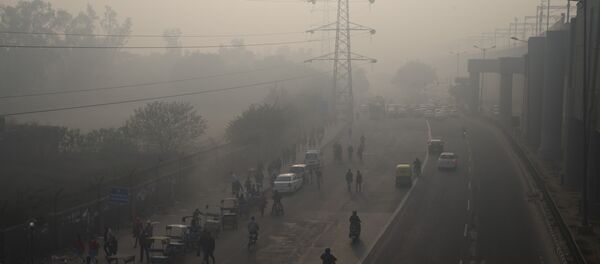In 2015, nine million deaths were caused by exposure to polluted air, water and soil. "Pollution endangers the stability of the Earth's support systems and threatens the continuing survival of human societies," the study, which was published in noted medical journal The Lancet, stated.
The report found that nearly 92 percent of all deaths caused by pollution occur in low and middle income families. India has the highest estimated number of pollution-related deaths, at 2.5 million, followed by China at 1.8 million and Pakistan at 311,000 deaths.
In addition, one to seven percent of annual health spending is spent on pollution-related diseases in high-income countries, while up to seven percent of healthcare spending goes to those same diseases in middle-income countries.
"The vast majority of the pollution deaths occur in poorer nations and, in some countries such as India, Chad and Madagascar, pollution causes a quarter of all deaths. The international researchers said this burden is a hugely expensive drag on developing economies," the report revealed.
Data collected from the World Health Organization revealed that air pollution is the biggest cause of death, resulting in heart disease, stroke and lung cancer. Atmospheric air pollution, caused by cars and other modes of transportation, causes some 4.5 million deaths annually, while water pollution causes 1.8 millions deaths, from gastrointestinal and parasitic diseases.
The report notes, however, that the effects of pollution can be mitigated if countries commit to regulations that promote clean air and water, as some middle-income countries have done.
"Their [middle-income countries] air and water are now clearer, the blood lead concentrations of their children has decreased by more than 90 percent, their rivers no longer catch fire, their worst hazardous waste sites have been remediated, and many of their cities are less polluted and more livable. Health has improved and people in these countries are living longer," the report detailed.


